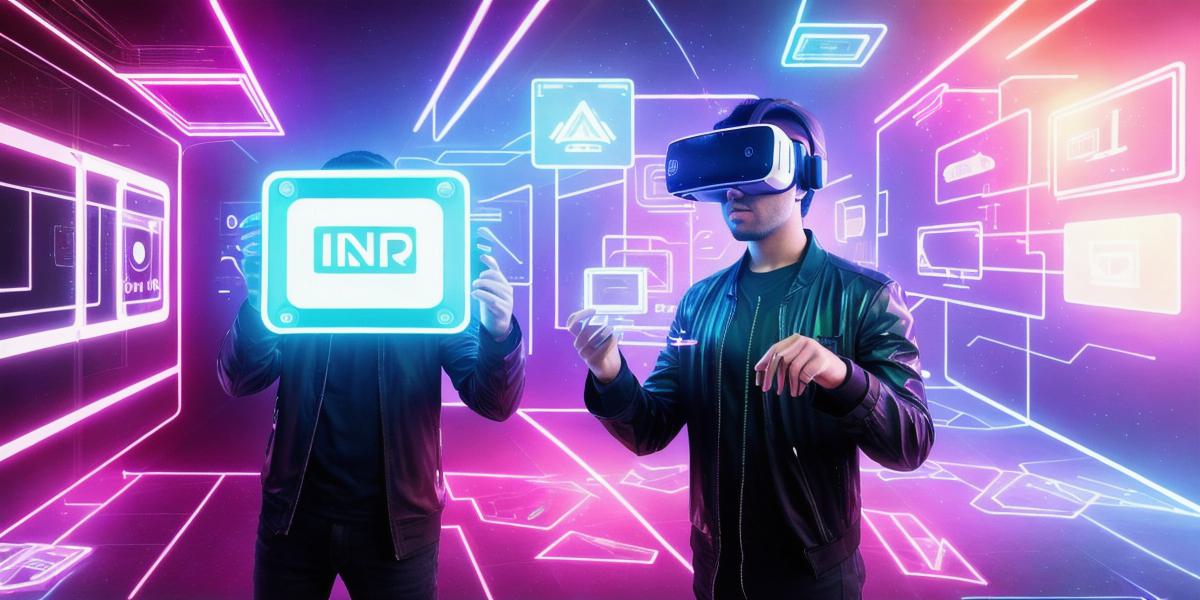In today’s world, technology has advanced beyond our wildest dreams. One of the most exciting and groundbreaking developments in recent years has been the rise of simulated reality (SR). SR refers to an artificial environment that simulates the real world or creates a new world entirely. The question on everyone’s mind is: Is our world just a computer program?
SR technology has already proven its potential in various fields, from gaming and entertainment to education, healthcare, and more. By creating a virtual world that closely mimics the real world, SR allows users to experience and interact with things that they may not be able to do in reality. For example, surgeons can practice complex procedures in a safe and controlled environment, while students can learn about history by exploring ancient civilizations in an interactive way.
But as SR technology continues to evolve, the question of whether our world is just a computer program becomes even more intriguing. Some scientists believe that SR could be used to create an entirely new reality, one that is not based on our current understanding of the universe. Others argue that SR could help us better understand and interact with the real world by providing us with new perspectives and tools.
One example of SR technology in action is the use of virtual reality (VR) headsets to create immersive gaming experiences. VR headsets track a user’s movements and adjust the virtual environment accordingly, allowing them to feel as if they are truly inside the game world. This technology has also been used in therapy, where patients can experience simulations of real-life situations to help them overcome phobias and anxieties.
Another example is the use of SR in space exploration. NASA has already used VR technology to simulate the experience of being on Mars, allowing astronauts to practice their skills and get a better understanding of what it would be like to explore the red planet.
The potential applications of SR technology are endless, from creating new forms of art and entertainment to revolutionizing healthcare and education. But as we continue to push the boundaries of what is possible with SR, the question of whether our world is just a computer program becomes even more pressing.
Some experts predict that in the future, we will be able to create entire new universes within the confines of a single computer program. This could lead to a world where reality and simulation blur together, and where our understanding of the universe is forever changed.
Of course, the idea of our world being just a computer program raises many ethical questions as well. If we are able to create entirely new realities, what does that mean for the authenticity of our own existence? And how will we know if we are truly living in reality or simply experiencing a simulation?
Despite these concerns, there is no doubt that SR technology has already had a profound impact on our world. As the technology continues to evolve, it will be fascinating to see how it shapes our future and whether our understanding of reality will ever be the same again.
